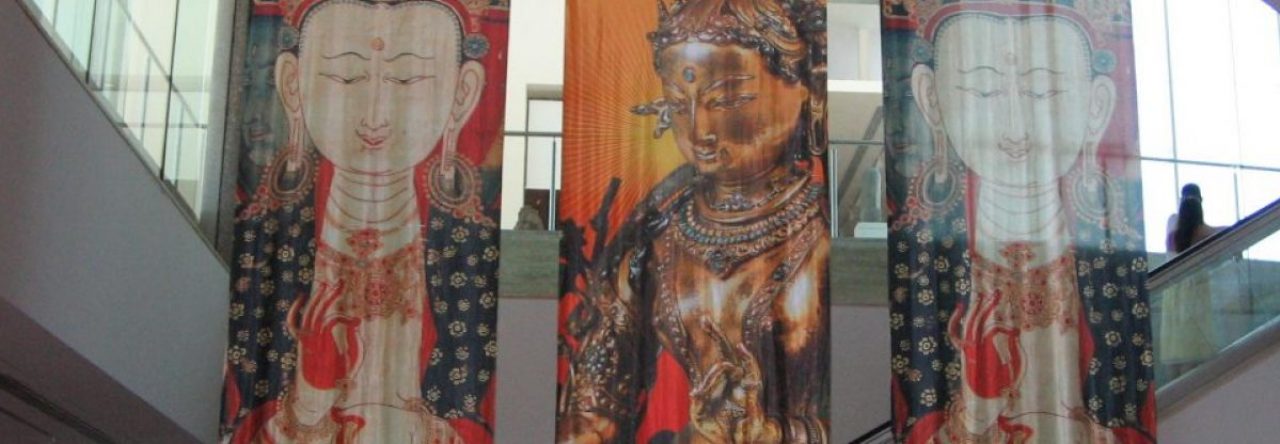“Of animality, gentleness keeps the secret. A fundamental and paradoxical wildness, as foreign to any kind of taming as childhood. Not falling only under the human condition, it delineates its limits. So close to animality that it sometimes merges with it, gentleness is experienced to the point of making possible the hypothesis of an instinct that it would call its own. It would be the trait of a primal “gentleness drive” of protection, of compassion — even of goodness itself. An instinct closest to the being that would be devoted not only to self-preservation but also relationships. What the animal disarms in advance, even in its cruelty (outside the range of human barbarity), is our duplicity.”
– Anne Dufourmantelle. Power of Gentleness. Fordham University Press.
I support a model of living which can (in a sense) ‘rewild’ us; not in the sense of returning to the land, the commune, or whatever (I’ll leave that to your preferences); but, I mean this in the sense of demonstrating that we are of the biosphere, already of the wild, and that ‘mind’ is already-always part of that bigger order. We have strayed from our ancestral domain, and find ourselves living very much on the surface of life. Our pervasive individual and collective disharmony is because we are not in alignment with this primordial depth. The wild order has never left us, even though we have packaged it in our conceptual units – and have come to believe that the universe really is comprised of bits. We can reclaim reality.
So, now I’d like to turn my attention toward the core issue of identity. How does a sense of self work, and how does language affect that? And how do we turn toward the ‘primordial ground’ of Being, and reclaim good mental and planetary health? And, then, most crucially, how can we understand ‘mind’ in such a way that we enter into that depth of living which we need? I want next to show the experiential basis of the notions of self and identity; and, to suggest how such notions, when seen without duplicity, don’t contradict the central Buddhist teaching of ‘not-self.’ This will lay a foundation for our further topics, such as selfishness (everyday narcissism), and human destructiveness.
To explore these questions, I am placing ‘experiencing’ at the centre of the way forward – just as Eugene T. Gendlin did, and just as the Buddha did. I lean in this direction as a result of my own changes. When I was in my mid-twenties – lost, and frightened of going mad – one night, a line from Bob Dylan’s Ballad of a Thin Man reached me. Dylan sang: “You know something is happening, but you don’t know what it is. Do you, Mr. Jones?” At that moment the realisation dawned, with great relief, that I was experiencing – full stop. And that we are all experiencing, and experiencing just ‘This.’ While it didn’t radically change the fact that I was having trouble accepting the ultimate, what I could recognise was that my experiencing was actual, and that it was intrinsically of something bigger. I had the sense that I belonged to an open nonconceptual dimension which was more real than my concepts about it! There was, I felt, a way forward!
It might seem like a small thing, but it carried me forward because, experiencing being actual, I had an ever-present ground where I could focus my learning of how to live; and beyond that, where I could continue my inquiry into the nature of ‘mind.’ I didn’t understand the whole matter, right there – true – but I knew that it was true that I was happening and I could start to learn from my own living. I didn’t have to find someone who knew more than me. Where I lived and in those times, meditation teachers were as scarce as hen’s teeth. Nevertheless, I had something I could trust – the fact that something is going on, and that my experiencing is of that. I saw that could learn “from, with, in” this very body, because it was itself of nature. I realised that the body was not a pattern, but an openness to more.
It’s worth noting a principle here, which was explicated by a Chinese Chan master of the Tang dynasty, Dongshan Liangjie (hereafter simply referred to as Dongshan). On his waking up from the ego-bubble which entrances us all, he is reported to have said: “Just don’t seek from others, or you’ll be far estranged from self. I now go on alone; everywhere I meet it. It now is me; I now am not it. One must understand in this way to merge with suchness.” – Translated by Cleary, Book of Serenity.
As confused as I was, that night, a first recognition of “It now is me; I now am not it” had occurred. While I’ll continue to reiterate that thinking divides the Undivided, even so, that’s not the whole story. To grasp our situation of animality in a healthy way depends on a just such a recognition as Dongshan’s.
oOo
